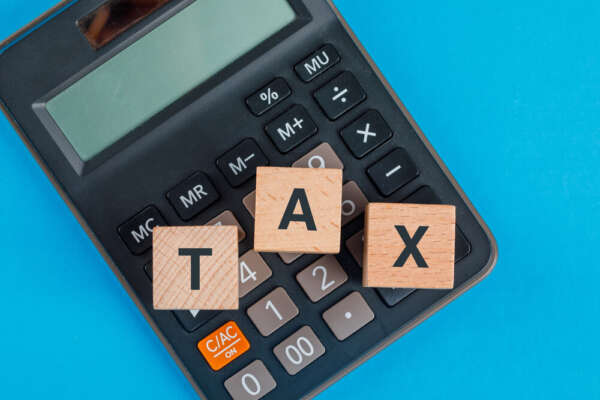Key Takeaways
Bitcoin’s upcoming halving event is expected to occur on Friday or Saturday, potentially leading to significant shifts in the cryptocurrency market. In Australia, you generally only pay tax on realised capital gains from your crypto investments, not unrealised gains
Summary – What is Bitcoin Halving?
– Bitcoin’s next halving event is anticipated to take place Friday or Saturday, halving the current bitcoin block subsidy from 6.25 to 3.125 bitcoin.
– Historically, previous halving events have prompted substantial increases in the price of bitcoin, though analysts are divided on whether that trend will continue this time.
– Bitcoin already reached all-time highs above $73,000 last month, marking the first time record highs were achieved before a halving event.
– After the halving, bitcoin miner incentives and the issuance pace of new bitcoins will decrease by half, a rule established by Bitcoin creator Satoshi Nakamoto.
– Bitcoin mining involves verifying transactions on the blockchain and minting new bitcoins, with miners rewarded for validating blocks.
– The block reward, initially set at 50 bitcoin, halves roughly every four years, dropping to 3.125 bitcoin after the upcoming halving.
– While previous halvings triggered bitcoin price rallies, analysts suggest this halving may differ due to various factors, including the prior rally fueled by demand from spot bitcoin ETFs.
– Some analysts believe the halving is partially priced in and may not lead to significant price increases, citing factors like higher interest rates making cryptocurrencies less appealing.
– Stocks potentially impacted by the halving include bitcoin miners (e.g., Marathon Digital, Riot Platforms), companies holding bitcoin (e.g., MicroStrategy), and trading platforms (e.g., Coinbase, Robinhood).
– The halving may lead to increased trading volumes, affecting platforms like Coinbase and Robinhood, but the overall impact may be overshadowed by other market events.
Ref and further reading here
Overall, the upcoming bitcoin halving event is anticipated with both excitement and caution, with analysts closely monitoring its potential effects on the cryptocurrency market and related stocks.
What About Tax Implications if my Crypto investment increases suddenly?
In Australia, you generally only pay tax on realised capital gains from your crypto investments, not unrealised gains (refs:123.)
This means if the price of your Bitcoin goes up due to the halving but you don’t sell, trade, or dispose of it, there are no immediate tax implications. However, when you eventually dispose of your Bitcoin by selling it, trading it for another crypto or fiat currency, or using it to purchase goods and services, you will need to calculate the capital gain or loss and report it on your tax return. (Refs: 14.)
The capital gain is the difference between the proceeds from the disposal and your cost basis (what you originally paid for the Bitcoin plus any associated costs like transaction fees) (Ref 5).If you hold the Bitcoin for 12 months or more before disposing of it, you may be eligible for a 50% capital gains discount (Refs 125.)
So if the halving causes Bitcoin’s price to increase significantly, and you sell after holding for over a year, only half of the gain would be taxable. It’s important to keep good records of all your crypto transactions, including purchase and sale prices, dates, quantities, and any associated costs (Ref: 3). This will make it much easier to accurately calculate your capital gains and losses come tax time.
If you need to be sure you are in compliance with the ATO rules regarding cryptocurrency investments, Varsity Lakes based KeyPoint Accountants is here to help. Contact us at 07-5585-0600 or info@keypointaccountants.com.au to learn how our team of experts can assist you with tax implications on any aspects of your investment portfolio, or business activities.












